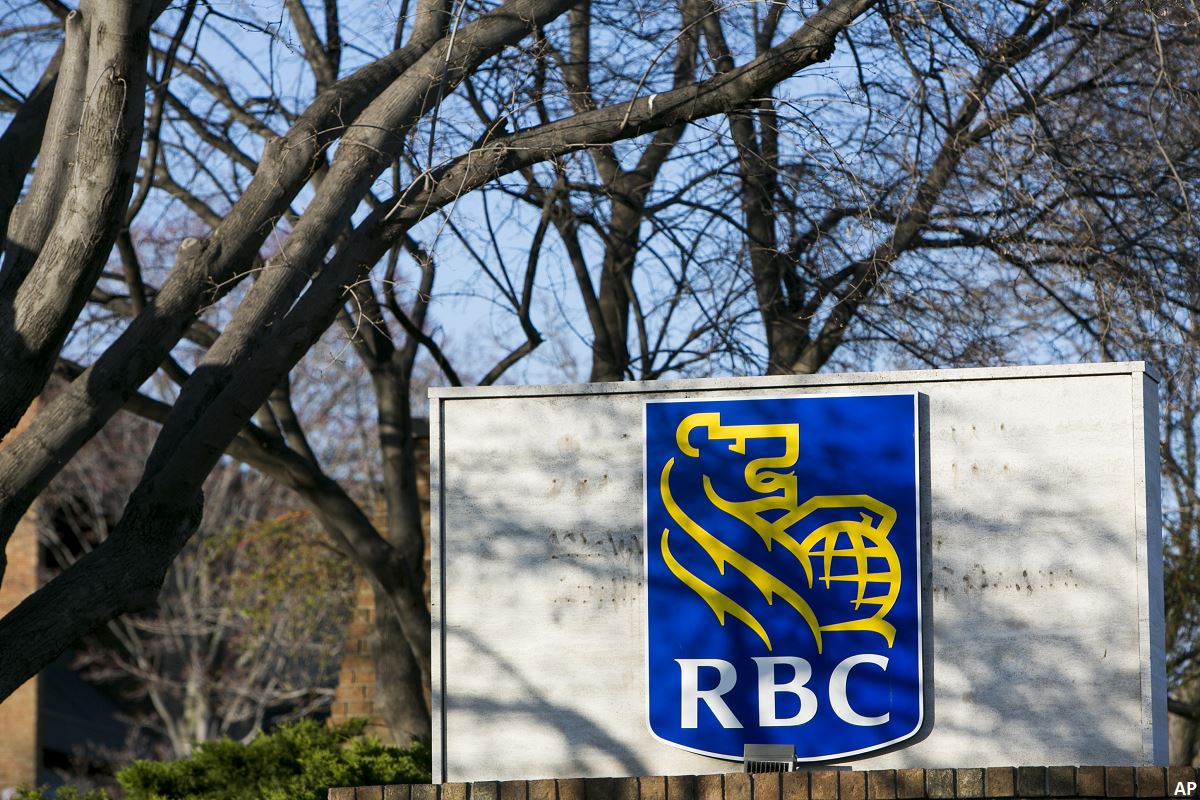
Last week the Supreme Court of Canada ruled that the Federal Government’s carbon tax is constitutional – setting a floor for the tax rates observed by each province and giving credibility to the government’s proposed $170 per metric ton tax by 2030. But to what extent will the money actually follow?
“If Canada is to be a leader in the fight against climate change, its banks should be global leaders in decarbonizing their lending portfolios,” points out Jackie Cook, Morningstar’s Director of Investment Stewardship. It’s tough to make the case that we are working on a transition away from fossil fuels when Canadian banks keep funding oil and gas.
The Fossil Fuel Finance Report 2021 titled Banking on Climate Chaos 2021 analyses corporate data from 60 of the world's largest banks. It finds that rather than reducing funding to fossil fuels, these banks have been steadily increasing funding to the space. In 2016, the total funding to fossil fuels (broken down by Tar Sands, Arctic Oil, LNG, coal mining, coal power, etc.) was around US$709 billion. By 2020, that number was over US$750bn. All in all, the banks have lent over US$3.8 trillion to fossil fuels from 2016-2020.
The report was authored by a group of seven climate advocacy organizations, including Rainforest Action Network and the Sierra Club. It noted that the coronavirus pandemic has led to an interesting outcome for fossil fuel funding.
“January through June saw the most fossil fuel financing of any half-year since the adoption of the Paris Agreement, as large corporations around the world took advantage of very low interest rates and central bank bond-buying programs to load up on cheap debt in preparation for difficult times ahead. Meanwhile, the second half of the year saw record low levels of financing. The impact of these two wildly divergent half years was that overall, finance from the world’s 60 largest private banks to 2,300 fossil fuel companies fell by almost 9% from 2019 to 2020, after three years of increases of between 4.4% and 5.5% per year,” the report states.
The authors see these numbers as a cause for both hope and fear. “Hope, because as even oil majors BP and Shell are now projecting, the impact of COVID-19 coupled with the accelerating energy transition may mean that the world will never again extract and burn as much oil as it did in 2019. But they should also cause fear, because we have only been able to make a dent in the fossil fuel juggernaut due to the terrible pandemic,” it notes.
Oh CanaTar?
The top three fossil fuel funders are all U.S. based: JPMorgan, Citi and Wells Fargo. But Canada is not far behind. Royal Bank of Canada (RBC) has the dubious honour of being the top Canadian bank funding fossil fuels. It comes in at number five, with over US$160 billion funded to fossil fuels over the five years. Toronto Dominion Bank (TD), ScotiaBank (Scotia) and Bank of Montreal (BMO) all feature in the top 20. CIBC has the least funding of the Big 5 – coming in at number 22.
All in all, the Big 5 banks have lent US$558.98 billion to fossil fuels, which is over $700 billion in Canadian dollar terms.
Much of this funding has been to tar sands oil. “2016–2020 financing was dominated by the Canadian banks, led by TD and RBC, as well as JPMorgan Chase. The Line 3 pipeline is an example of how bank financing backs tar sands expansion and Indigenous rights violations,” the report notes.
It is important to note that 2020 saw funding drop. All the big five Canadian banks cut their fossil fuel financing in 2020. RBC, the fifth-worst bank in 2019, dropped to 15th place in 2020. TD, the tenth-worst bank in 2019, dropped to 18th in 2020.
“The tar sands “patch” in Alberta has been one of the fossil fuel sectors most seriously impacted by COVID-19, and the tar sands majors slashed their capital expenditure budgets in 2020 in an effort to placate their investors and cut debt. Overall bank financing to the 35 top tar sands companies sank by 27% in 2020 to US$16 billion. This is lower than 2016 financing for the sector, hopefully indicating that the tar sands’ heyday is long past (the peak year for tar sands financing over the past half-decade was 2017, which saw $43 billion in financing). Since 2016 tar sands lending and underwriting has been dominated by the big five Canadian banks — in particular TD and RBC — plus JPMorgan Chase. These six banks dominated the tar sands sector again in 2020, although all but one were at lower levels than in 2016,” the report states.
RBC Shareholders Demanding Change
Investors don’t think it is enough. RBC Shareholders represented by SumOfUs, have filed a shareholder proposal that will come up for vote at RBC’s April 8 2021 annual meeting of common shareholders and at Scotiabank’s April 13 2021 shareholders’ meeting.
The proposal asks that RBC adopt company-wide, quantitative, time-bound targets for reducing greenhouse gas (GHG) emissions associated with the Company’s underwriting and lending activities and issue an annual report, at a reasonable cost and omitting proprietary information, discussing its plans and progress towards achieving these targets.
RBC announced a financing target of $100 billion in sustainable financing by 2025 and has committed to reporting in line with the recommendations of the Task Force on Climate-related Financial Disclosures.
“Yet these steps do not address the much greater risks arising from exposure to high carbon projects in its lending portfolio and underwriting. The bank’s exposure to high carbon industries and projects, including oil sands development, put it on a collision course with the coming transition to a low carbon economy called for in the Paris Agreement. Shareholders need transparency from the bank on the carbon footprint of its portfolio,” the shareholders say.
In response, RBC states that it recognizes that climate change is one of the most pressing issues of our age and that its strategy is responsive to the essential concerns raised by this proposal to reduce greenhouse gas emissions in the transition to a sustainable economy.
The bank asks shareholders to vote against the proposal, saying in part, “Our strategy is designed to position us as a partner for clients and our communities as they look to invest in activities to transition to net-zero – ultimately deepening client relationships and developing new markets that build resiliency and accelerate cleaner economic growth. To effect meaningful action, we are revising our sustainable financing target, from $100 billion to $500 billion by 2025. Our lending, investing, and debt & equity underwriting are subjected to a high standard of ESG due diligence and we have a rigorous process in place to identify, assess and mitigate risks.”
At the end of February RBC became the 100th financial institution to join the Partnership for Carbon Accounting Financials (PCAF), an industry-led initiative to standardize the measurement and disclosure of financed emissions. Membership commits RBC to disclosing emissions associated with lending and investing activities according to the PCAF’s Global GHG Accounting and Reporting Standard for the Financial Industry. BMO joined in January and early in March committed to net-zero financed emissions by 2050. TD joined in November 2020 and announced its net-zero ambitions.
RBC’s Not the First
Cook points out that last year, a resolution filed at JPMorgan by investor advocacy group As You Sow asked the bank to tell shareholders “how it intends to reduce the GHG emissions associated with its lending activities in alignment with the Paris Agreement's goal of maintaining global temperature rise below 1.5 degrees Celsius.” This motion earned just shy of 50% support from shareholders. The same resolution was filed at Citigroup this year and subsequently withdrawn when the Bank announced its plans to publish the plan and take on a leading role in driving the transition to a net-zero global economy.
“Coordinated action across the financial sector to decarbonize lending and investment portfolios is perhaps the most powerful tool in driving the global economy to net-zero emissions,” Cook notes.




















